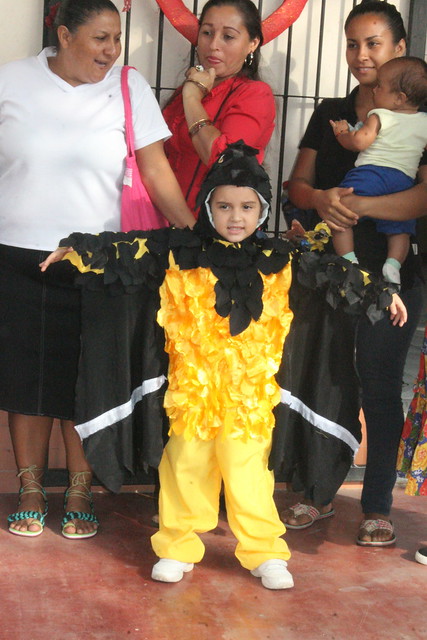 |
| Ash Wednesday. |
We have begun
another Lenten season in Venezuela, at a time when talking about
fasting is a challenge. For more and more Venezuelans, eating
less food is not a choice. Many families eat only one or two
meals per day, and malnutrition
is a growing problem, especially in the poorer sections of
Caracas, the capital and largest city. Venezuela used to produce more
than two-thirds of its food, and import the rest, but those
proportions are now reversed, as the result of runaway inflation
and government-imposed
price controls that have decreased profit margins for Venezuelan
farmers and ranchers.
 | ||||||
| That he who by a tree overcame... |
And our Gospel
lesson, Matthew 6 16-21, says this: “And when you fast, do not look
gloomy like the hypocrites, for they disfigure their faces that their
fasting may be seen by others. Truly, I say to you, they have
received their reward. But when you fast, *xvanoint your head and
wash your face, that your fasting may not be seen by others but by
your Father who is in secret. *xwAnd your Father who sees in secret
will reward you.” Furthermore, the Gospel for the first Sunday in
Lent, Matthew 4:1-11, speaks of Jesus fasting for 40 days and 40
nights in the wilderness.
So what do you say?
First that people, from Old Testament times to the present, have
practiced fasting and covering the head in ashes (for example, in
Jonah, chapter 3) to
express sorrow and repentance, these are not required to gain
God’s forgiveness for sin. Our
Lutheran Confessions teach that fasting in itself is not
obligatory, nor forbidden by God, but the correct fast is the fruit
of repentance in the same way as correct prayer and the correct
giving of alms; that fasting is useful for self-discipline; and that
it is an excellent external training in preparation to receive the
Lord’s Supper (Apology to the Augsburg Confession XII 139, 143; XV
47; Small Catechism VI 10). For the rest of Matthew 6 deals with
prayer and giving of alms (it is where we find Matthew’s version of
the Lord’s Prayer) and the Lord discusses fasting in that context.
 |
| Carnival costumes. |
Matthew 6 teaches us
a different perspective as do the words of Psalm 51, which we recite
in their entirety on Ash Wednesday and in part every Sunday. “Create
in me a clean heart, O God, and renew a right*n1 spirit within me.
Cast me not away from your presence, and take not your Holy Spirit
from me. Restore to me the joy of your salvation, and uphold me with
a willing spirit...O Lord, open my lips,
and my mouth will
declare your praise. For you will not delight in sacrifice, or I
would give it; you will not be pleased with a burnt offering. The
sacrifices of God are a broken spirit; a broken and contrite heart, O
God, you will not despise.”
The Law given by God
through Moses did command propiciatory sacrifices, but even under the
old covenant of the Law, the Lord did not look for mere outward
compliance with the letter of the Law, but contritition and
repentance in the heart. Now, under the new covenant in Christ’s
perfect sacrifice, God still pleased to have the true faith of the
heart shown in outward acts of worship. But what matters most of all
is what God has done for us, not what we do for God.
Prayers for China
In my last
newsletter, I requested prayers for Venezuela in view of the
potential threat of what they now are calling the COVID-19 virus. It
is widely thought that Venezuela at this time does not have the
resources to track and contain an outbreak of this new disease. As I
write this, there have been confirmed cases of COVID-19 in Mexico,
Brazil, Argentina, the Dominican Republic, Ecuador and Chile, but
the virus has not yet reached Venezuela. On our first Sunday in Lent,
we remembered in prayer the Christians of China, who are
trying to help their neighbors by distributing inhalation masks
amid increased
persecution.
Repairing the
playhouse
The wooden playhouse
for our preschool was badly damaged by termites this past year. We
purchased wood and started repairs, thanks to your continuing
contribuitons. Please consider donating online at Global
Lutheran Outreach.


No comments:
Post a Comment